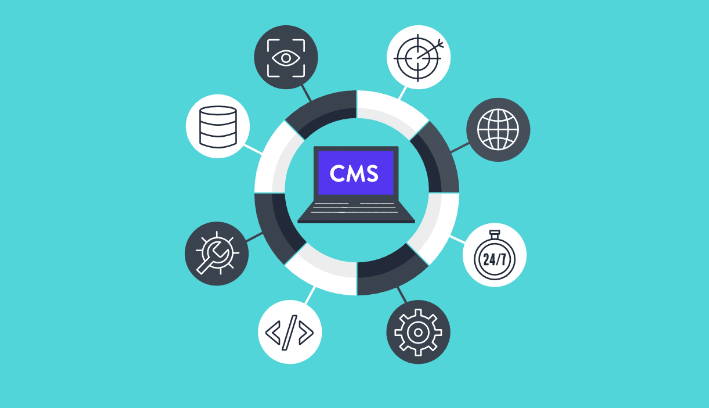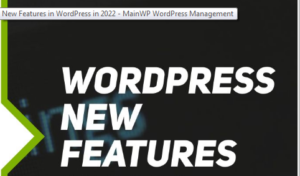|
Getting your Trinity Audio player ready...
|
In today’s digital landscape, having an effective online presence is crucial for businesses and individuals alike. The power of Content management systems (CMS) have revolutionized the process of website creation and management, making it accessible to users of all technical backgrounds. This article explores the concept of CMS, its benefits, and popular CMS platforms that empower users to create and maintain professional websites with ease.

What is a CMS?
A content management system (CMS) is a software application that allows users to create, edit, and manage digital content without requiring extensive technical knowledge. Also, it provides a user-friendly interface and tools for organizing, publishing, and updating content on a website. Therefore, CMS separates content from design, allowing users to focus on creating and managing content without worrying about coding or complex technical aspects.
Benefits of Using a CMS
a) User-Friendly Interface
CMS platforms offer intuitive interfaces, making it easy for users to navigate and manage their websites. Theefore, the visual editors and drag-and-drop functionality simplify the process of creating and arranging content elements.
b) No Coding Knowledge Required
CMS eliminates the need for coding skills, enabling individuals without technical expertise to build and maintain professional websites. Also, users can choose from pre-designed templates and customize them to suit their branding and content needs.
c) Content Organization and Workflow
CMS provides tools for organizing content into categories, creating a logical structure, and facilitating collaboration among multiple content creators. Also, workflow features allow users to define roles and permissions, streamlining the content creation and approval process.
d) Scalability and Flexibility
CMS platforms are designed to accommodate websites of all sizes, from small personal blogs to large enterprise websites. Therefore, they offer scalability and flexibility, allowing users to add new pages, features, and functionalities as their needs evolve.
e) SEO-Friendly Features
Many CMS platforms offer built-in SEO tools and plugins to optimize websites for search engines. Also, users can easily add meta tags, customize URLs, and implement SEO best practices to improve search engine rankings and drive organic traffic.
Popular CMS Platforms
a) WordPress
WordPress is the most widely used CMS platform, powering over one-third of all websites on the internet. It offers a vast library of themes and customization options, making it suitable for various types of websites, from blogs to e-commerce stores.
b) Joomla
Joomla is a robust CMS known for its flexibility and extensibility. It offers advanced user management features, multilingual support, and a wide range of templates and extensions to create dynamic websites.
c) Drupal
Drupal is a powerful CMS suitable for complex and enterprise-level websites. It offers a high degree of customization, scalability, and security features. Drupal is favored by developers and organizations with specific customization and integration requirements.
d) Wix
Wix is a popular cloud-based CMS that provides a user-friendly interface and drag-and-drop website builder. It offers a wide selection of templates and allows users to customize their websites using its integrated design tools.
e) Shopify
Shopify is a specialized CMS designed for e-commerce websites. Also, it offers an all-in-one solution for building online stores, managing products, processing payments, and tracking orders. Shopify simplifies the process of setting up and running an e-commerce business.
Conclusion
Content management systems (CMS) have transformed the landscape of website creation and management. Also, empowering users to build professional websites without technical expertise. Whether you are an individual looking to showcase your work or a business seeking an online presence, CMS platforms offer user-friendly interfaces, customization options, and scalability to meet your needs. Therefore, by leveraging the power of CMS, you can create, manage, and grow your online presence with ease.

